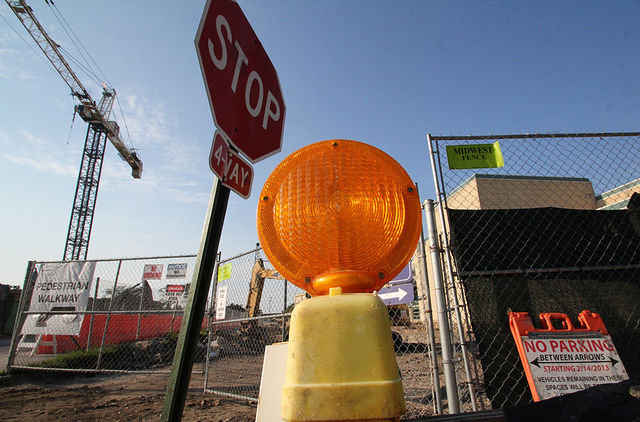By Staff Reports
(WAILUKU) – The County of Maui Department of Public Works announced that its Highways Division will be applying slurry sealing to the roadway of South Alu Road December 15-19, 2014 as part of the department’s pavement preservation program.
Motorists are asked to be attentive to traffic control personnel and to expect delays as traffic will be restricted to one lane only. Access to driveways in affected areas will not be available due to a drying time of approximately 4-6 hours; temporary walkways will be provided in designated areas. Work will take place Monday – Friday from 8 a.m. – 3 p.m.
Slurry application will start at the south end of South Alu’s cul-de-sac and move north. Residents will be notified through door hangers two days before they will be directly impacted. Residents are advised to remove all vehicles along the roadway, to park outside the work zone and to stay off newly resurfaced areas to allow proper curing time. Residents are also asked to shut off all irrigation systems while crews are working on the street. Any questions regarding the sealcoating project may be directed to Public Works’ Makawao Highways Division Office at 572-7272, Monday-Friday from 7 a.m. – 3:30 p.m.
Slurry sealing is designed to extend the life of County roads, saving money for taxpayers and providing safe, drivable roads for the public. Slurry seals generally consist of a mixture of emulsified asphalt, water, mineral fillers, cement and other materials that are applied directly to the surface of an asphalt pavement. The slurry seal serves to protect the top layer of asphalt from oxidation and wear caused by exposure to the sun, air, water and chemicals such as oil and gasoline.
The Department of Public Works is responsible for the pavement management system for the County of Maui. Since 2008, the department has been using iWorQ Pavements as its pavement management system, which monitors inventory, data collection, inspections, data management, and updates. iWorQ Pavements also tracks historical data, pavement treatments and condition histories.
The department appreciates the public’s cooperation and patience, and apologizes for the inconvenience.

